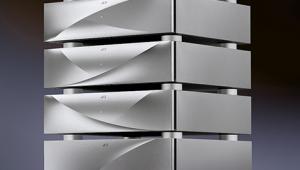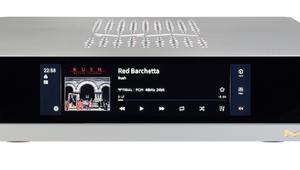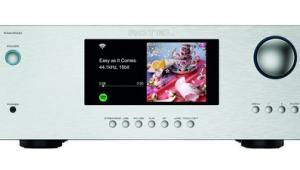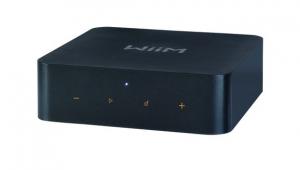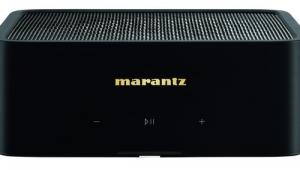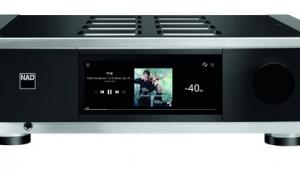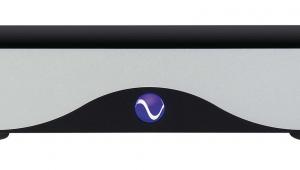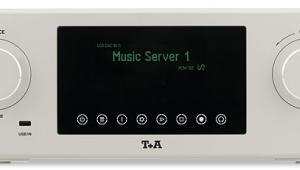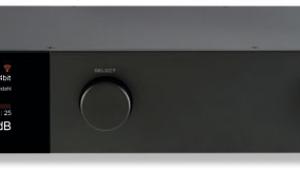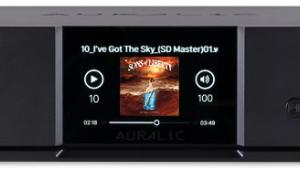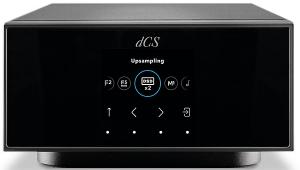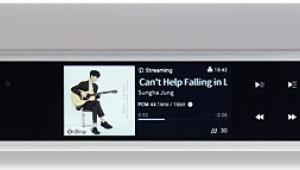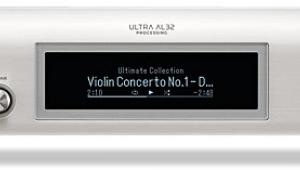PS Audio AirLens Lab Report
In common with other basic/purist network streaming solutions, the AirLens offers galvanic isolation from the network and with ‘signal conditioning’ in the form of data buffering/reclocking. Other conditioning network bridges include the Innuos Statement , Aqua LinQ, Grimm Audio MU1, Auralic Aries G1.1 and Roon Nucleus+. Unlike some of these models, however, the AirLens does not enable flexible app-controlled up/downsampling or DSD-to-LPCM when converting between network and S/PDIF or I2S data formats – in this respect it’s closer to Volumio’s Rivo, although all these aforementioned streamers offer a USB-B output by way of default. The AirLens’ coaxial output is suitable for ‘legacy’ DACs running to 192kHz and, in this respect, its data reclocking/buffering yielded generally positive results with our usual ‘test DACs’ including the Mytek Brooklyn, iFi Audio’s NEO iDSD and the dCS Vivaldi APEX. All jitter values were within 5-10psec of the best achieved in previous reviews.
Of course, no test of the AirLens would be complete without examining its performance in tandem with the DirectStream DAC MK2 which shares its I2S connection. Correlated jitter from this pairing is still buried beneath the latter’s requantisation noise [see Graph 2] although the latest ‘Mount Massive’ firmware update has reduced both noise and THD. The latest S/N is improved from 92.5dB to a ‘16-bit’ 96.5dB while HF distortion is down from 0.05% to 0.008% (20kHz/–30dBFs). PM
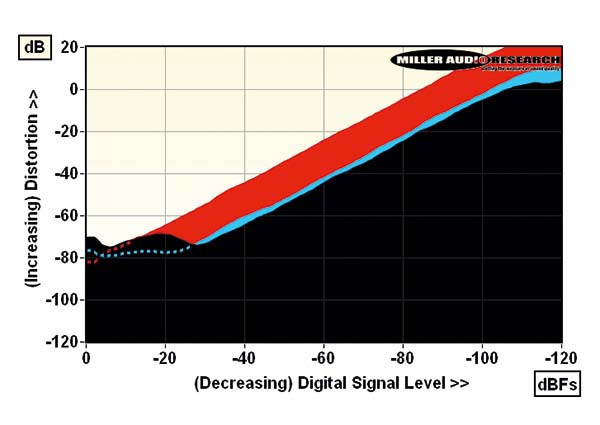
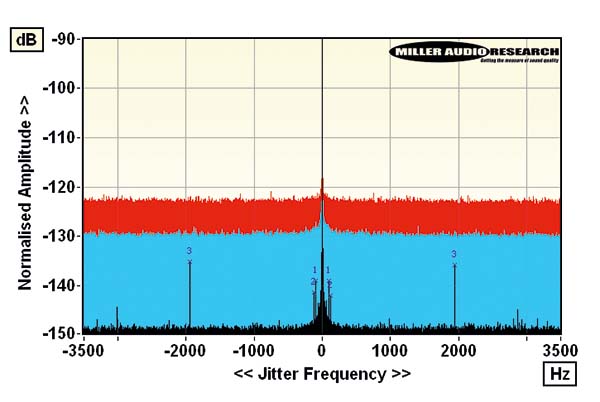
| Digital inputs | 1x Ethernet; 1x wireless |
| Digital outputs | 1x coaxial; 1xI2S on HDMI |
| Digital jitter (DS MK2/Mytek Brooklyn) | <5psec / 11psec |
| A-wtd S/N ratio (with DS DAC MK2) | 96.5dB |
| Distortion (20Hz-20kHz, 0dBFs/–30dBFs) | 0.035-0.036%/0.0035-0.0075% |
| Freq. resp. (20Hz-20kHz/40kHz/90kHz) | +0.0 to –0.6dB/–3.0dB/–12.4dB |
| Resolution (re. –100dBFs / –110dBFs) | ±0.4dB / ±0.8dB |
| Power consumption | 4W / 25W |
| Dimensions (WHD) / Weight | 254x38x178mm / 2.2kg |



